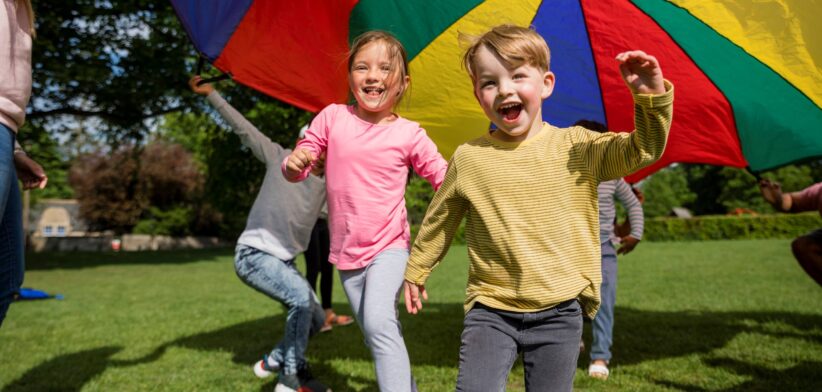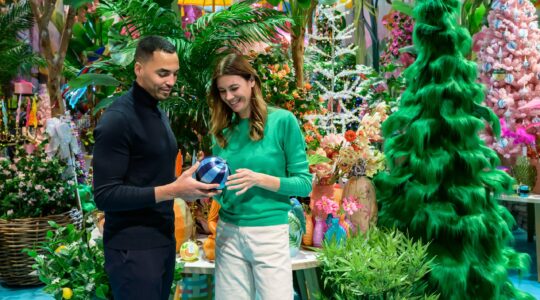Brisbane 2032 organisers have been challenged to make increased long-term sports participation a Games legacy, through better access to play.
The Play32 collective, a coalition of health, sporting, design, and play organisations, universities, and childhood development groups*, has released a position paper to support that goal.
Play Matters Australia Chief Executive Penny Creamer said play was both the “start and the spark” of a sporting nation.
Ms Creamer said a child who played was more likely to be physically active throughout life.
“Play supports brain development, physical health, mental wellbeing, and social skills,” she said.
“It contributes to school readiness, emotional regulation, and lifelong learning; while outdoor play increases physical activity, enhances motor skills, and fosters resilience, curiosity, and problem-solving.”
Ms Creamer said the position paper highlighted the fact play should be protected, valued and embedded wherever children lived, learnt and grew.
“Without play, there is no pathway to sport, and without investment in children’s play, we risk missing the most powerful, preventative, and equitable legacy the Games could leave.”
Ms Creamer said past Olympic Games had not significantly increased long-term sports participation, and in some cases had seen sports participation decrease.
She said Brisbane 2032 was a chance to change that by embedding play as the true foundation for an active engaged life.
“Embedding play in Olympic and Paralympic legacy planning means listening to children and including them in designing the future,” she said.
Dr Geoff Woolcock, from the University of Southern Queensland, said the core challenge was that not all children had equal access to play.
He said the Olympic and Paralympic implementation offered a key opportunity to ensure this happened.
“Playable cities, towns and regions must be embedded in planning, transport design, and infrastructure delivery to ensure the wellbeing of our young people, the strength of our communities, and environmental sustainability through nature-based experiences.”
* The Play 32 collective includes Australian Institute of Play, Design Institute of Australia, Little Athletics QLD, Play Australia, Play Matters Australia, Thriving Queensland Kids Partnership (an initiative of Australian Research Alliance for Children and Youth) and University of Southern Queensland.
Download: Play32 Position Paper








